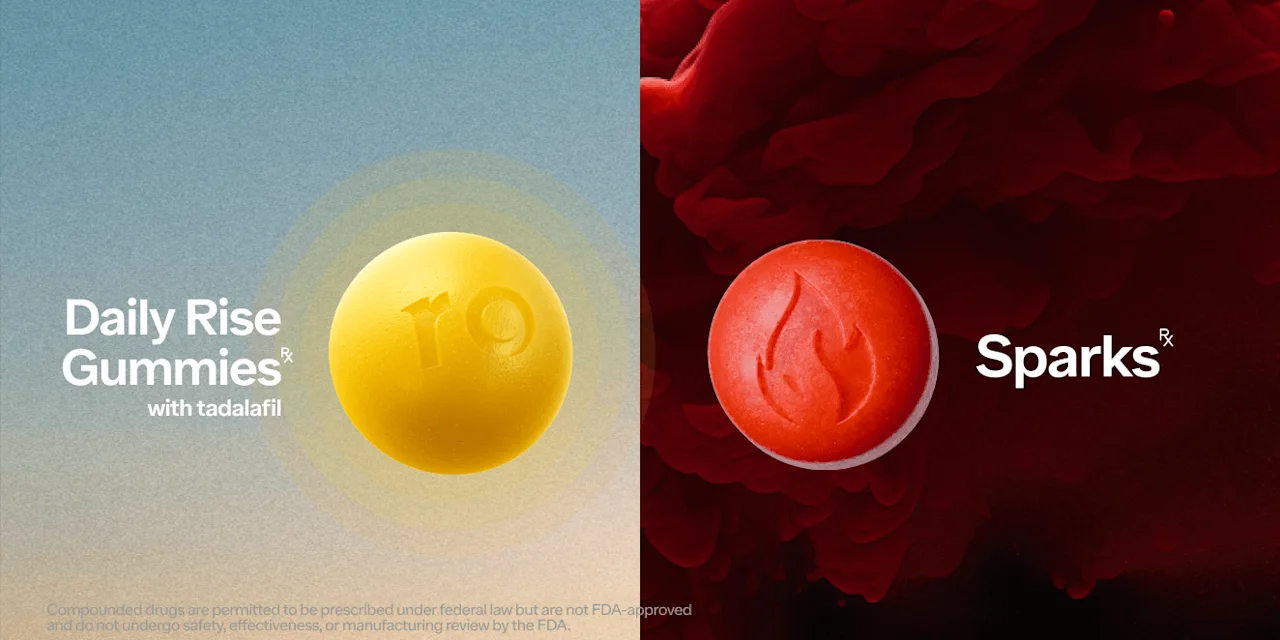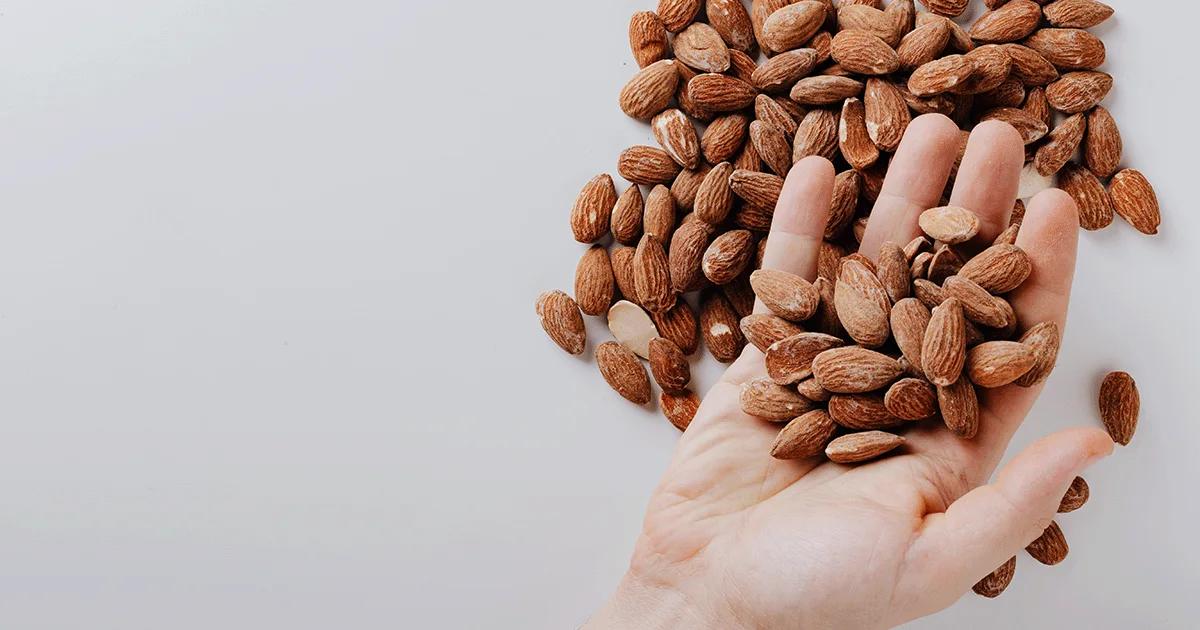Here's what we'll cover
Learning how to masturbate, for men, seems to come naturally.
In fact, most men start masturbating at around ages 13-14. According to one survey, 60% of young men at age 14 reported they had masturbated at least once. That number increases to 80% for 17-year-olds, and by the time they reach adulthood, between 89–94% of men in the U.S. report to have masturbated at least one time (Robbins, 2011; Herbenick, 2010).
Whether or not you’re practiced in self-pleasure, you may have questions about male masturbation safety, frequency, the use of pornography, and how the act of masturbation may affect your sex life.
And even if you have plenty of experience, there may be methods or practices that could improve your alone time. So, sit back, get comfortable, and read on to learn a bit more about this extremely common activity.
What is masturbation?
Boiled down, masturbation is any form of self-pleasure—either alone or in the presence of a partner (or partners)—that can lead to orgasm.
If you have a penis, stroking it is the classic approach to masturbation. But there are different ways to masturbate. Fondling your testicles, anus, or other body parts to achieve sexual climax—or not touching yourself, but just using your imagination—could also be considered masturbation.
You can also use a sexual device or object on yourself, like a “Fleshlight,” dildo, or other toys.
Why do men masturbate?
An orgasm, whether through masturbation or other forms of sexual activity, is often an intensely pleasurable experience—so “it feels good” probably tops the list of reasons for most men (Cervilla, 2022).
But it’s not the only reason. Here are some other health benefits of masturbation.
To enhance sexual desire
Sex experts have found that masturbating can enhance “excitation” and sexual desire. For example, if you fantasize about a sexual partner during masturbation, there’s evidence that this may enhance your arousal or anticipation for your next encounter with that partner (Cervilla, 2022).
Masturbation has also been employed as a tool in some forms of sexual therapy to help men struggling to feel sexually motivated or aroused (Zimmer, 2020).
To become more comfortable with your body
In some ways, masturbation can act as a form of self-exploration and discovery. You can home in on the types of fantasies and stimulation that suit you best.
To reduce sexual temptation or risk
Solo sex is the ultimate form of safe sex, and it comes with no risk of pregnancy or sexually transmitted infections. It can be a great option for those trying to avoid a potentially risky sexual encounter (Robbins, 2011).
To lower your risk of prostate cancer—maybe
Some researchers have found evidence that masturbation may reduce a man’s risk for prostate cancer, perhaps because regular ejaculation may support male prostate and reproductive health. One study found that men who reported more than 21 ejaculations per month had roughly a 20% lower risk of prostate cancer than men who had 4–7 ejaculations a month (Rider, 2016).
However, the research is mixed, and it’s too soon to say that masturbating is good for your prostate (Aboul-Enein, 2016).
To promote muscle growth following weightlifting—maybe
You may have heard that masturbation or sexual activity can harm athletic performance by reducing testosterone levels. But some weightlifters claim that masturbation may boost testosterone levels in ways that promote muscle gains following training.
So, which is it? While the effects of masturbation on athletic performance aren’t well studied, one recent paper found that masturbation does seem to affect some markers of testosterone (free testosterone). The researchers found that jerking off might counteract a drop of testosterone levels over the day, but they say follow-up work is needed to map out the effects of self-pleasure on athletic performance (Isenmann, 2021).
Overall, masturbation doesn’t seem to significantly impact testosterone levels, at least in the long term. If you are suffering from any symptoms that may be due to low testosterone (low T), speak with your healthcare provider to find a solution that’s best for you.
How often should men masturbate?
There is no right answer to this question. There’s no “normal” number of times a man should masturbate per day, week, or month. What’s normal varies, depending on age, libido, relationship status, and other factors.
Some surveys of young American men—those between the ages of 14 and 17—found that around 20% of them masturbate more than four times per week. Meanwhile, up to 25% only masturbate a few times per year. The rest fall somewhere in-between (Robbins, 2011).
While there may be some benefits associated with masturbation, no one has determined what the “right” or “healthiest” frequency is.
Can you masturbate too much?
There is some research linking masturbation to relationship problems, but there are important caveats to consider.
Some research found that as masturbation frequency rises, so do the odds that a man will be unhappy in his relationship. However, this research has not shown whether men’s relationships suffer because they’re masturbating too often or whether they’re masturbating more often because their relationship is on the rocks. In other words, it’s too soon to point the finger at masturbation as the problem (Perry, 2018).
There is also some evidence that watching too much porn may reduce a man’s arousal or increase the odds of erectile dysfunction. But here again, the evidence is inconsistent, and a 2019 review of studies found insufficient evidence to support that hypothesis (Dwulit, 2019; Grubbs, 2018).
Finally, it’s possible that too frequent (or too aggressive) masturbation could lead to chafing or other forms of skin irritation. That’s especially true if you’re jerking off “dry” without the aid of some form of lubricant to prevent friction. Some common sense is needed here. If you’re getting red or irritated, give yourself a break.
Tips for masturbation
Just as there’s no ideal frequency when it comes to masturbation, there’s also no ideal method. As the saying goes, whatever floats your boat.
That said, there are some masturbation tips that may be worth trying if you’re looking to get the most out of your next experience.
Slow down
Like shaving or brushing your teeth, masturbation can become another mundane part of your wellness routine—something you feel you need to do but that you’d rather get over with quickly so you can move on to other things.
Rushing can not only drain some of the joy out of the experience, but it could also lead to premature ejaculation (PE) when you’re with a partner. After all, if all your “practice” is geared toward a speedy orgasm, it makes sense that you’d have a quick trigger during other forms of sexual stimulation (Ma, 2019).
Don’t be in such a hurry. Save your sessions—at least some of them—for when you have time to relax and enjoy yourself.
Take a break
You may be familiar with the stop-start technique during sex. It involves withdrawing mid-coitus before entering your partner again after a short break. It’s also referred to as “edging” and involves bringing yourself right to the brink of climax (without going over), pausing until the urge to ejaculate subsides, then resuming stimulation (Raveendran, 2021).
Many men have tried this as a way to control PE, and masturbation is a great way to get to know your body. The point is to recognize what it feels like when you’re about to come, so you can slow down and delay your ejaculation (Ma, 2019).
One of the other benefits of this technique is that it may enhance the strength or pleasure of your ejaculation. Mixing this technique into your jerk-off routine may have the same happy benefits.
Switch things up
Some research has found that men who have unusual masturbation styles may be more likely to experience problems ejaculating when having sex with a partner. This work suggests that switching things up and trying new masturbation techniques may keep you from getting locked into a style of sexual stimulation that isn’t compatible with partnered sex (Perelman, 2016).
Switching up your masturbation technique—for example, stimulating only the base of your penis, rather than the tip, which is loaded with nerve endings—may also help prevent premature ejaculation (Ma, 2019).
Finally, switching things up just keeps things more interesting. Use your non-dominant hand. Use different strokes. Try a different type of porn—or no porn at all. Like everything in life, variety can make things fun and fresh.
Try prostate stimulation
It’s difficult to know how many men have tried “prostate play.” But some research states that men who use sex toys (vibrators, beads, etc.) for anal stimulation can experience multiple orgasms—even without having an erection or ejaculating. Data also suggests that men who use devices such as vibrators are more likely to perform testicular self-exams (Wibowo, 2016; Reece 2009).
Basically, if you don’t pay attention to your prostate, you may miss out on the fun.
As you can see, there are no right or wrong ways to masturbate. But there may be ways for you to enhance your experience. Consider trying out some of the tips above during your next solo session.
DISCLAIMER
If you have any medical questions or concerns, please talk to your healthcare provider. The articles on Health Guide are underpinned by peer-reviewed research and information drawn from medical societies and governmental agencies. However, they are not a substitute for professional medical advice, diagnosis, or treatment.
Aboul-Enein, B. H., Bernstein, J., & Ross, M. W. (2016). Evidence for Masturbation and Prostate Cancer Risk: Do We Have a Verdict?. Sexual Medicine Reviews , 4 (3), 229–234. doi: 10.1016/j.sxmr.2016.02.006. Retrieved from https://pubmed.ncbi.nlm.nih.gov/27871956/
Cervilla, O., Vallejo-Medina, P., Gómez-Berrocal, C., de la Torre, D., & Sierra, J. C. (2022). Validation of the Orgasm Rating Scale in the Context of Masturbation. Psicothema , 34 (1), 151–159. doi: 10.7334/psicothema2021.223. Retrieved from https://www.researchgate.net/profile/Pablo-Vallejo-Medina/publication/357974763_Validation_of_the_Orgasm_Rating_Scale_in_the_Context_of_Masturbation/links/61eac17fc5e3103375ae561e/Validation-of-the-Orgasm-Rating-Scale-in-the-Context-of-Masturbation.pdf
Grubbs, J. B. & Gola, M. (2019). Is Pornography Use Related to Erectile Functioning? Results From Cross-Sectional and Latent Growth Curve Analyses. The Journal of Sexual Medicine , 16 (1), 111–125. doi: 10.1016/j.jsxm.2018.11.004. Retrieved from https://www.sciencedirect.com/science/article/pii/S1743609518312852
Herbenick, D., Reece, M., Schick, V., Sanders, S. A., Dodge, B., & Fortenberry, J. D. (2010). Sexual behavior in the United States: results from a national probability sample of men and women ages 14-94. The Journal of Sexual Medicine, 7 (Suppl 5): 255-265. doi: 10.1111/j.1743-6109.2010.02012. Retrieved from https://pubmed.ncbi.nlm.nih.gov/21029383/
Isenmann, E., Schumann, M., Notbohm, H. L., Flenker, U., & Zimmer, P. (2021). Hormonal response after masturbation in young healthy men - a randomized controlled cross-over pilot study. Basic and Clinical Andrology , 31 (1), 32. doi: 10.1186/s12610-021-00148-2. Retrieved from https://link.springer.com/article/10.1186/s12610-021-00148-2
Ma, G. C., Zou, Z. J., Lai, Y. F., Zhang, X., & Zhang, Y. (2019). Regular penis-root masturbation, a novel behavioral therapy in the treatment of primary premature ejaculation. Asian Journal of Andrology , 21 (6), 631–634. doi: 10.4103/aja.aja_34_19. Retrieved from https://www.ncbi.nlm.nih.gov/pmc/articles/PMC6859670/
Morales, E., Gauthier, V., Edwards, G., et al. (2018). Co-designing Sex Toys for Adults with Motor Disabilities. Sex Disabil, 36 , 47–68. doi: 10.1007/s11195-017-9506-8. Retrieved from https://www.researchgate.net/profile/Veronique-Gauthier-3/publication/314115180_Co-designing_Sex_Toys_for_Adults_with_Motor_Disabilities/links/5d1e1277299bf1547c9879ed/Co-designing-Sex-Toys-for-Adults-with-Motor-Disabilities.pdf
Perelman, M. A. (2016). Psychosexual therapy for delayed ejaculation based on the Sexual Tipping Point model. Translational Andrology and Urology , 5 (4), 563–575. doi: 10.21037/tau.2016.07.05. Retrieved from https://www.ncbi.nlm.nih.gov/pmc/articles/PMC5001992/
Perry, S. L. (2020). Is the Link Between Pornography Use and Relational Happiness Really More About Masturbation? Results From Two National Surveys. Journal of Sex Research , 57 (1), 64–76. doi: 10.1080/00224499.2018.1556772. Retrieved from https://www.tandfonline.com/doi/abs/10.1080/00224499.2018.1556772
Raveendran, A. V. & Agarwal, A. (2021). Premature ejaculation – current concepts in the management: A narrative review. International Journal of Reproductive Biomedicine, 19 (1), 5–22. doi: 10.18502/ijrm.v19i1.8176. Retrieved from https://www.ncbi.nlm.nih.gov/pmc/articles/PMC7851481/
Reece, M., Herbenick, D., Sanders, S. A., Dodge, B., Ghassemi, A., & Fortenberry, J. D. (2009). Prevalence and characteristics of vibrator use by men in the United States. The Journal of Sexual Medicine, 6 (7): 1867-1874. doi: 10.1111/j.1743-6109.2009.01290. Retrieved from https://pubmed.ncbi.nlm.nih.gov/19453874/
Robbins, C. L., Schick, V., Reece, M., Herbenick, D., Sanders, S. A., Dodge, B., et al. (2011). Prevalence, frequency, and associations of masturbation with partnered sexual behaviors among US adolescents. Archives of Pediatrics & Adolescent Medicine , 165 (12), 1087–1093. doi: 10.1001/archpediatrics.2011.142. Retrieved from https://jamanetwork.com/journals/jamapediatrics/article-abstract/1107656
Rider, J. R., Wilson, K. M., Sinnott, J. A., Kelly, R. S., Mucci, L. A., & Giovannucci, E. L. (2016). Ejaculation frequency and risk of prostate cancer: updated results with an additional decade of follow-up. European Urology, 70 (6), 974–982. doi: 10.1016/j.eururo.2016.03.027. Retrieved from https://www.ncbi.nlm.nih.gov/pmc/articles/PMC5040619/
Wibowo, E. & Wassersug, R. J. (2016). Multiple Orgasms in Men-What We Know So Far. Sexual Medicine Reviews , 4 (2), 136–148. doi: 10.1016/j.sxmr.2015.12.004 Retrieved from https://www.researchgate.net/profile/Richard-Wassersug/publication/293195654_Multiple_Orgasms_in_Men-What_We_Know_So_Far/links/5c70c670458515831f67ca96/Multiple-Orgasms-in-Men-What-We-Know-So-Far.pdf
Zimmer, F. & Imhoff, R. (2020). Abstinence from Masturbation and Hypersexuality. Archives of Sexual Behavior , 49 (4), 1333–1343. doi: 10.1007/s10508-019-01623-8. Retrieved from https://link.springer.com/article/10.1007/s10508-019-01623-8













